Bountiful: Spiritual Enlightment and Happiness Through Earthy Pursuit
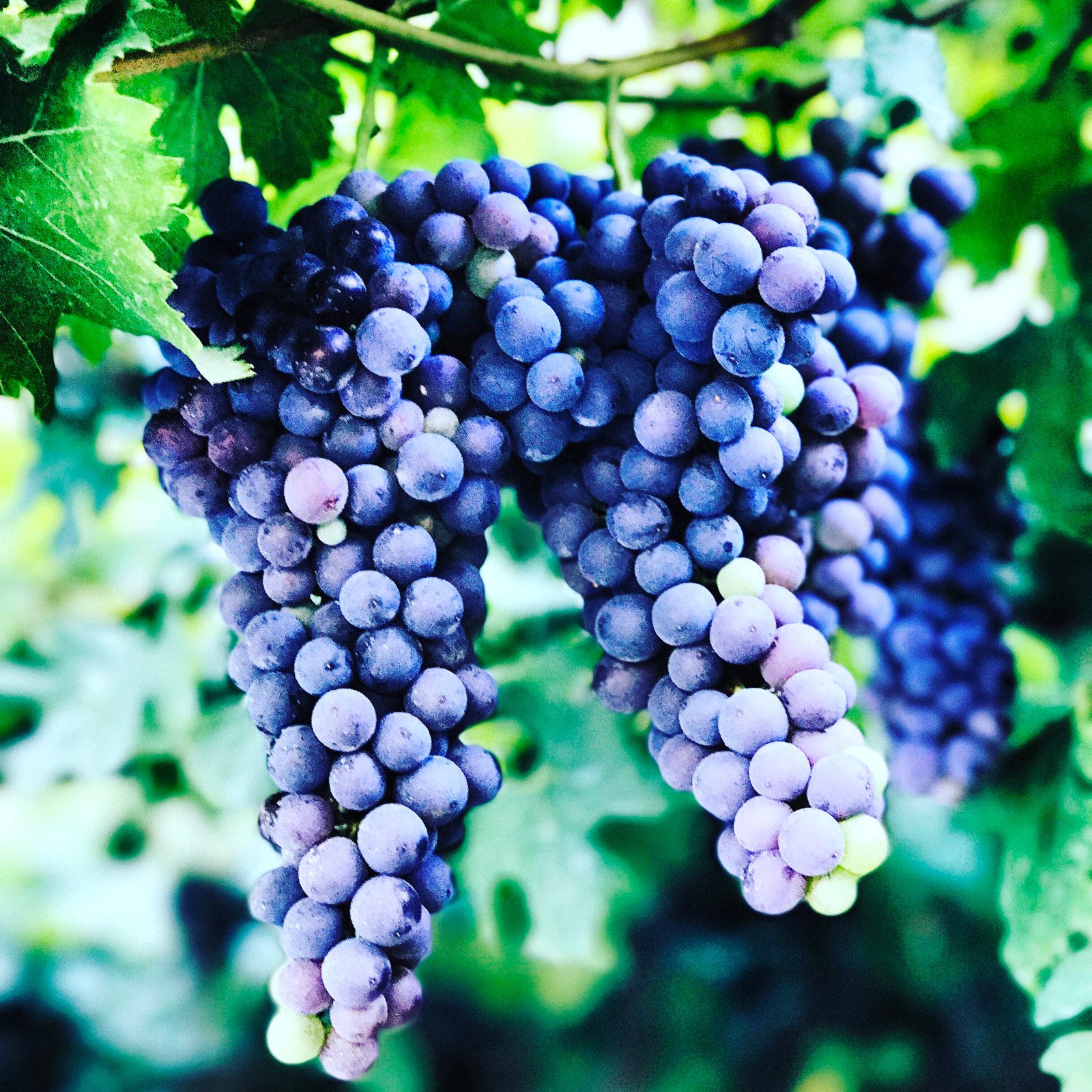
Bountiful: la dolce vita, ‘the sweet life’; a life of pleasure and simple indulgence. The good life – a life of appreciation and gratitude for the goodness and abundance within it. Recognising its ‘sweetness’, and enjoying the simple pleasures, especially the connection that food can bring to our lives. Feeling abundant.
The Garden of Eden
Descending the Alps into the Aosta Valley from the Great Saint Bernard’s Pass we passed a very different humanscape to that of the Swiss side. Whereas predominantly the valley slopes on the Swiss side were utilised for dairy production, the Italian side was primarily for food production. Descending into the valley was like entering the Garden of Eden.
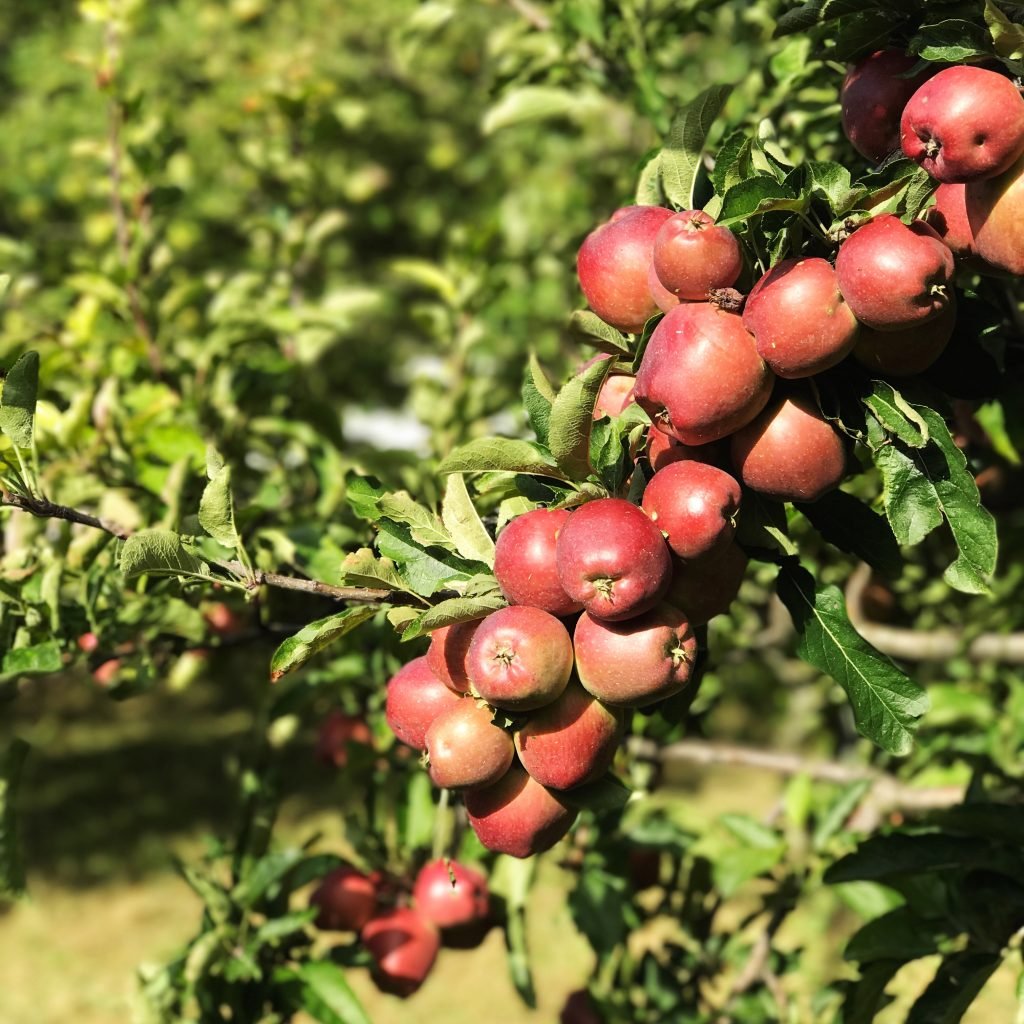
Abundance In Abundance
Walking through stone villages downwards along cobbled streets, every inch of space was carefully utilised. There were terraced and back gardens brimming with vegetables and fruit trees. Fat juicy fleshy tomatoes, great big long orange and red capsicums.
There were courgettes with narrow necks and bulbous pear-shaped bases looking like the plant was slowly blowing them up like a clown’s balloon. Others hanging over the garden were lovingly supported by string. Gardens were carefully tended rewarding with great abundance.

Ambulundance
One morning we needn’t have bothered with having breakfast, for foraging in the surrounding countryside provided breakfast on the go. Walking along country roads and village alleyways there were overhanging fruit in abundance. Juicy sweet deep purple plums, little cherry plums, ripe figs, and blackberries, to name a few of the sweet treats on offer.

Peach Offering
Walking through a small village I spotted an elderly lady working in her magnificent garden filled with both vegetables, fruit and flowers.
I complimented her on it and she said it was a ‘disastro!’, as do people when you compliment them on how clean their house looks and they say it is a complete mess!
She asked if we were doing the pilgrimage to Rome and was surprised when we said we were walking to Jerusalem. She kindly proceeded to offer us peaches from her tree and we all feasted on these sweet delights.

Medi-Terrain
The more we descended into the valley the more the change from alpine to a Mediterranean climate became apparent. The valley walls were drier. Earthy grey, ochre and sienna rocky tones were mixed with shades of dusty green.
Descending Into Joy
At one point as we walked down a hill I felt a deep sense of joy. This great abundance of food and the water to sustain this abundance was intoxicating.
It is quite amazing how just experiencing abundance can bring such joy.
Abound-Dance
Half way down that hill surrounded by such abundance and blistering heat I did a water dance under an irrigation sprinkler. I watched as the spray formed an enchanting rainbow.
Here I was, in Italy, in Europe, in summer and so far from Australia, I had to wet myself to know that I wasn’t dreaming!

Channeling Life
As we walk along the valley walls instead of the river flats we walk past water channels that divert the precious liquid from the mountains to create such verdance. The contrast between the brown hills and the greenery creating such abundance inspired my ver-dance!
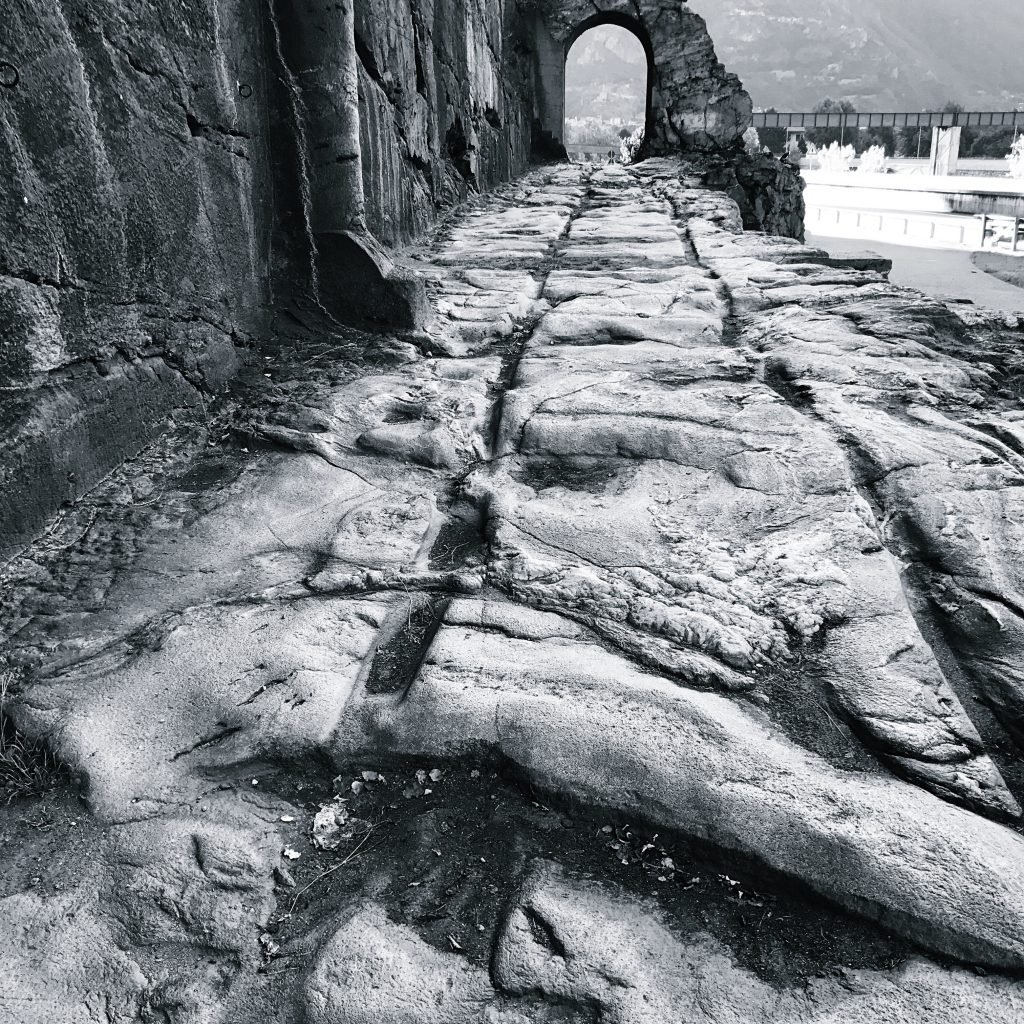
Roman Road
In Monjovet part of the path and later near Donnas that we walked along, there were Roman roads that bore furrows engraved deep in the stone from the passage of wagons.
These roads would have seen thousands of humans, animals and goods travelling along for centuries carrying typical Mediterranean products such as olive oil and wines from southern Italy, North Africa, and Greece and fish sauces from Spain. Food connects us even in the roads we use to transport them and to history.
Food Economy
In exchange, inn addition to the foodstuffs typical of the Alpine economy (cheese, salami, local wines), the valley exported wood and stones, like the Bardiglio marble of Aymavilles, quarried from the mountains.

Gelateria
We stopped in the late morning for a break for gelateria at a local bar.
When we completed the walk, and after a shower and a small nap, we had dinner at our accommodation at Punto St Martin before proceeding to walk down to the gelateria.
Like wide-eyed children our mouth’s watered at the panoply of cold sweet delights that awaited us. Ordering a cone and watching as the lady behind the display case masterfully served the gelato was pure theatre. Sitting outside in the square chatting idly as we licked our gelato as it dribbled down the cone in the heat of the evening I felt contented.
Not a care in the world, revelling in the moment, the food, and company. This was the sweet life. This is what it was like to be in Italy. This is what it was about to enjoy life, to lose track of time, enjoying the simple pleasures that food can bring.
Connecting With Food
Food in Italy provides an opportunity for connection and we experienced this when for two nights in a row, some of the ladies walking the pilgrimage cooked up a veritable feast from local products, including from the landlady who gave us some zucchinis.
This feast was the best food we have eaten since starting our pilgrimage. Good wholesome food made the more special as it was cooked and shared together with love.
This is what it was like to be in Italy. This is what it was about to enjoy life, to lose track of time, enjoying the simple pleasures that food can bring.

Food With Love
Joanna and Chris who were with us walking for two weeks cooked some dishes that they learned living as Christian missionaries for many years in Pakistan.
The spices added another dimension to the deep connections that food can create, not only with those present, but with other places, people, cultures and events.
I felt great gratitude not only to have shared the stories about their lives while walking to Jerusalem, but to experience it though their food.
Foodvana
As we sat together breaking bread I felt a warm glow not only from the evening heat and satisfaction of a delicious meal but from the group that we had formed. It felt like an extended family and we were enjoying the joy that great food and conversation can bring.
Speaking to Chris from Amos Trust about the ideas behind this blog, he mentioned that the word companion means literally sharing bread, pan being French for bread.
Through breaking bread we create companionship and develop deep and satisfying relationships.

Roman Idyl
As we continued walking we passed hillside vineyards with deep purple-coloured fruit growing abundantly. The stone and timber structures were very different to other vineyards we had seen in France. Fruit was harvested from beneath the vines. In some villages the roads passed under the vineyards providing much needed relief from the incessant heat of the sun.
Walking through Aosta Valley and then Piedmont, in my mind’s eye I could see Roman idyls – perfect pastoral and rural scenes of the ancient past filled with ruins amongst the landscape. I imagined us ancient pilgrims roaming through this blissful idyllic landscape.
Bacchanalia
All the abundant grape vines conjure up images of Bacchus in my mind. Bacchus was the Roman god of agriculture, wine, fertility, good-cheer, hilarity and revelry.
I think of the drunken food orgies that the Romans are famous for, eating to excess till they vomited.
There was a festival in his honour in Roman times called Bacchanalia, famous for debauchery and excess.

La Dolce Vita
I also am reminded of the 1960 Italian film, La Dolce Vita, directed by Frederic Fellini. It follows the life over seven days and nights of the main character, Marcelo, a journalist writing for gossip magazines in a fruitless search for love and happiness.
Marcelo’s life is one of excess, fame, and pleasure coming out of the period following World War II which was marked by poverty. It connects to the ancient Roman past in my mind through his excess and life of indulgence.
Cornu-coma
In a world where many in the West can have access to great abundance it is very easy to fall into habits that are wasteful, to live in excess, and where we lose appreciation for the abundance that we do have.
In classical antiquity, abundance and nourishment were symbolised by the cornucopia, the horn of plenty, a large horn-shaped container overflowing with produce, flowers and nuts.
Many look for happiness through abundance and excess. Big houses (with big mortgages), fancy cars and other toys, and unsustainable lifestyles, often simply to keep up with the Jones’s.
Many are looking for happiness through consumption. This can lead to an ever increasing spiral of over-consumption and even less satisfaction. Many continually seek more and more yet still feeling unsatiated. Where one still feels lacking and not nourished.
The more we consume the more we feel unsatisfied, falling into a coma, just like when we have had a big meal. It often takes being in this bloated state that the discomfort may cause us to want to vomit.

Vomitorium
Contrary to the popular misconception, vomitoriums weren’t ancient Roman places to vomit to make more room for food during great feasts. Instead they were a passage situated below or behind a tier of seats in an amphitheatre of stadium, through which big crowds could exit rapidly or ‘vomit out’ at the end of a performance.
Could ‘vomiting out’ the life of great excess be a cure for the discomfort and dissatisfaction many feel in their lives of overconsumption?

Happiness Through Simple Pleasures
With all the abundance that abounds as we walked through the Aosta Valley and continue through Piedmont by focusing on the simple pleasures do I find happiness. Food in moderation is one of these (even at times if I have over-indulged ‘sampling’ the local produce).
Simple pleasures such as good food and moments shared in the company of others is where I think ‘the sweet life’ lays. Marcelo, didn’t discover the sweet life but remained stuck in one of excess.

Slimplify
In my life in Australia I am always looking at how I can simplify my life. To find greater pleasure in ‘the little things’. To be grateful for simple pleasures. To seek out and indulge in simple pleasures.
At times I have contemplated becoming an aescetic, a person who leads an austerely simple life, abstaining from normal pleasures of life or material satisfaction. For me I have seen this as a way for spiritual enlightenment.
Being in Italy has shown me that Italians through their culture have found ‘balance’. That food is part of ‘the sweet life’, that this simple pleasure connects us together and to happiness, that neither extremes leads to happiness, whether excess or austerity. The Mediterranean or middle ground to life can help us reach the ‘happy medium’.
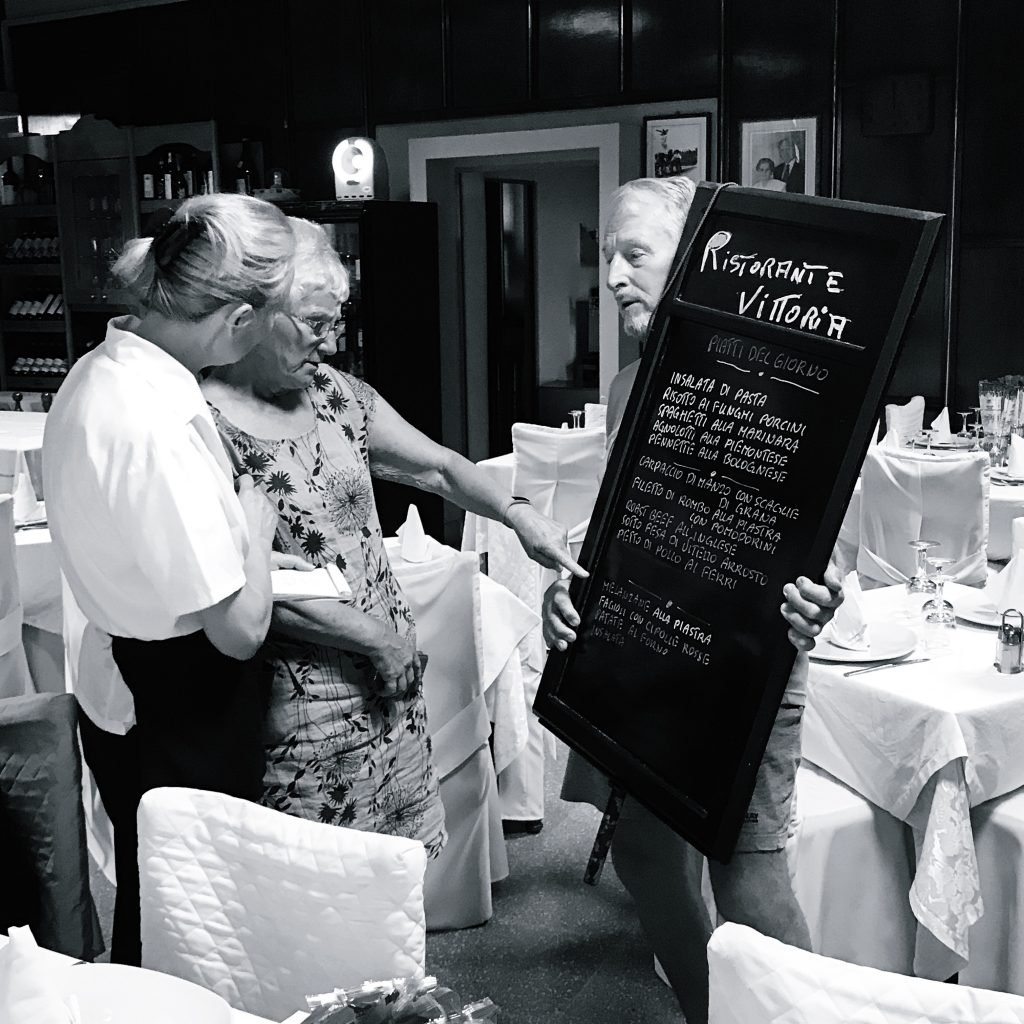
Bountiful
This evening I felt that glow of joy return as we sat down in the hotel restaurant in Santhia ordering our meal. The choices for the set menu was written on a chalk board away from the table. It all looked so enticing. I was excited as to date our food experiences in Italy have been very rewarding and enjoyable.
When it came to ordering I and the others had trouble remembering the Italian names for the meals. So Arthur, the gentleman pilgrim that he is, picked up the menu board and carried it around from person to person as the waitress took the order.
It made me laugh, and reminded me of Bacchus, the god of laughter, of pleasure and mirth and how food really can be a simple pleasure creating connection and joy. This is what it is to feel bountiful.

Clownic Irrigation
Today was a hot and long day walking thirty eight kilometres. Towards the end of the day passing through fields of corn and arborio rice we stopped to put our feet in an irrigation channel.
The waters were remarkable chilly. Not satisfied with dipping my feet over the edge I decided to clown around and walk into the channel to soothe aching and throbbing legs. This was followed by others. This simple moment no doubt we will all remember.
Water is a miracle elixir of health that can quench our thirst, and soothe weary muscles. It can cleanse or bodies inside and out. It nourishes us through the crops it irrigates so that they can grow. Today, it also brought great yet simple enjoyment and pleasure. No doubt bringing some much needed relief to a day of walking.

Drinking To Happiness
This has been a story about the miracle of water in a land nourished by the mountains providing food, wine and culture and connections both in the present and to the past. Tears of laughter and joy that nourish our soul. It is a story of food that connects us to each other and to distant cultures. It is about the abundance of the earth, and about gratitude. It is also about the importance of finding joy in the simple pleasures of life, for these are really the big things that connect us and provide us ultimate spiritual nourishment.
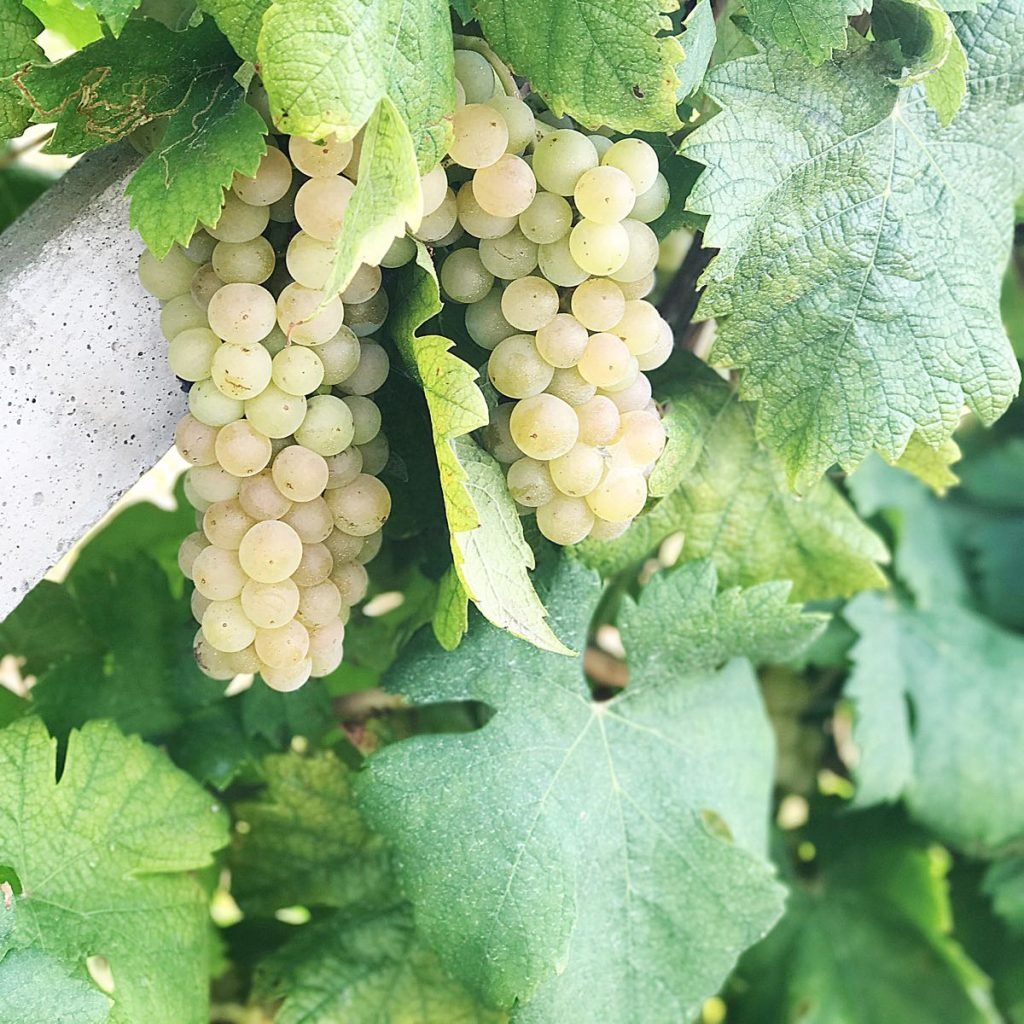
Jesus was able to turn water into wine. Italians too have found the secret miracle of life, the sweet life. Water is the wine that courses through our veins, that gives us laughter and joy, that nourishes our food so that we can be nourished, so we can connect.
Italy is teaching me that spiritual enlightenment need not be a path of denial. That to reach the spiritual plane doesn’t mean taking your feet off the ground. That in fact, by having our feet planted on the earth and dipping them into the waters, by finding pleasure in the sweet life, that by feeling bountiful by the abundance that is provided by the earth can we ever hope to reach the heavens.
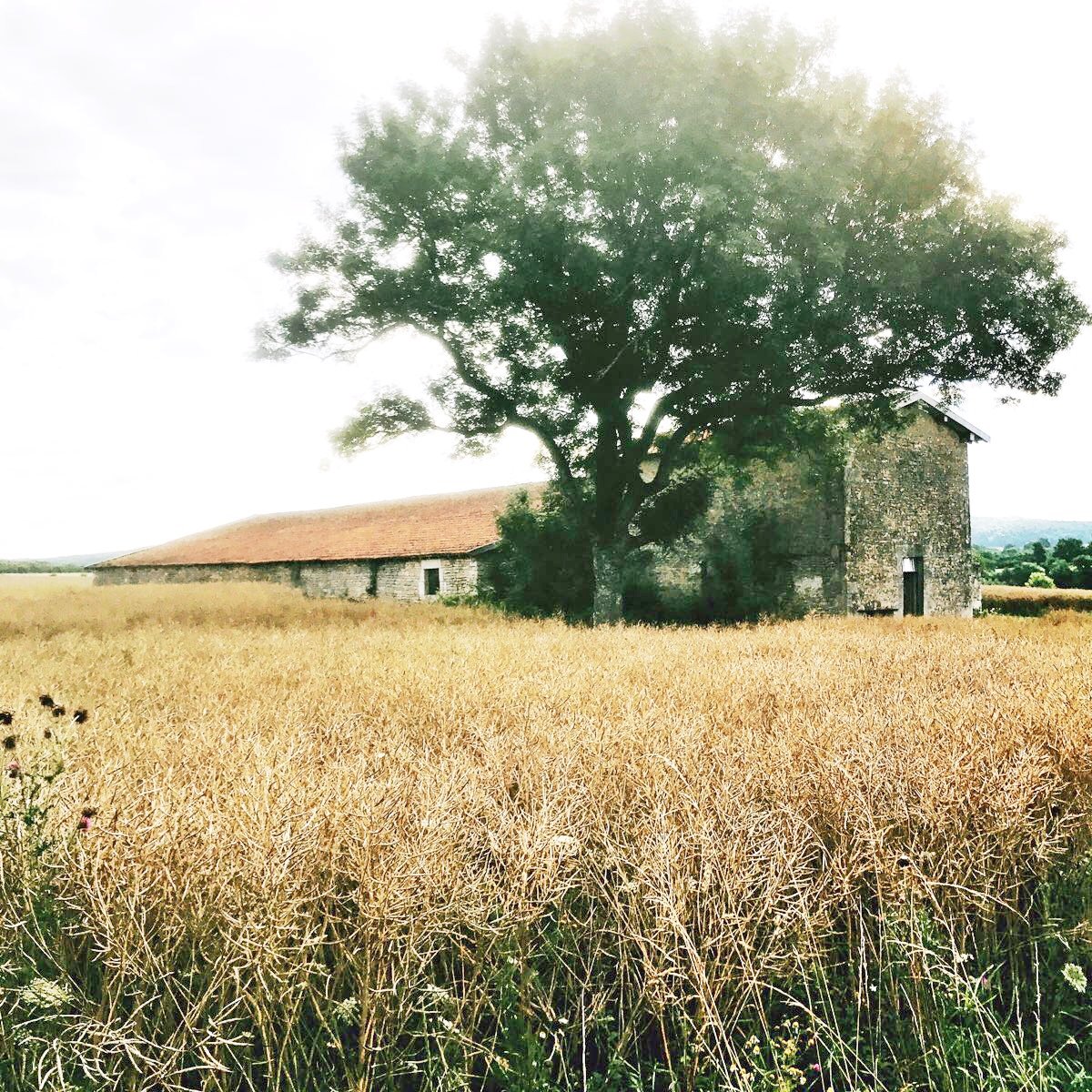

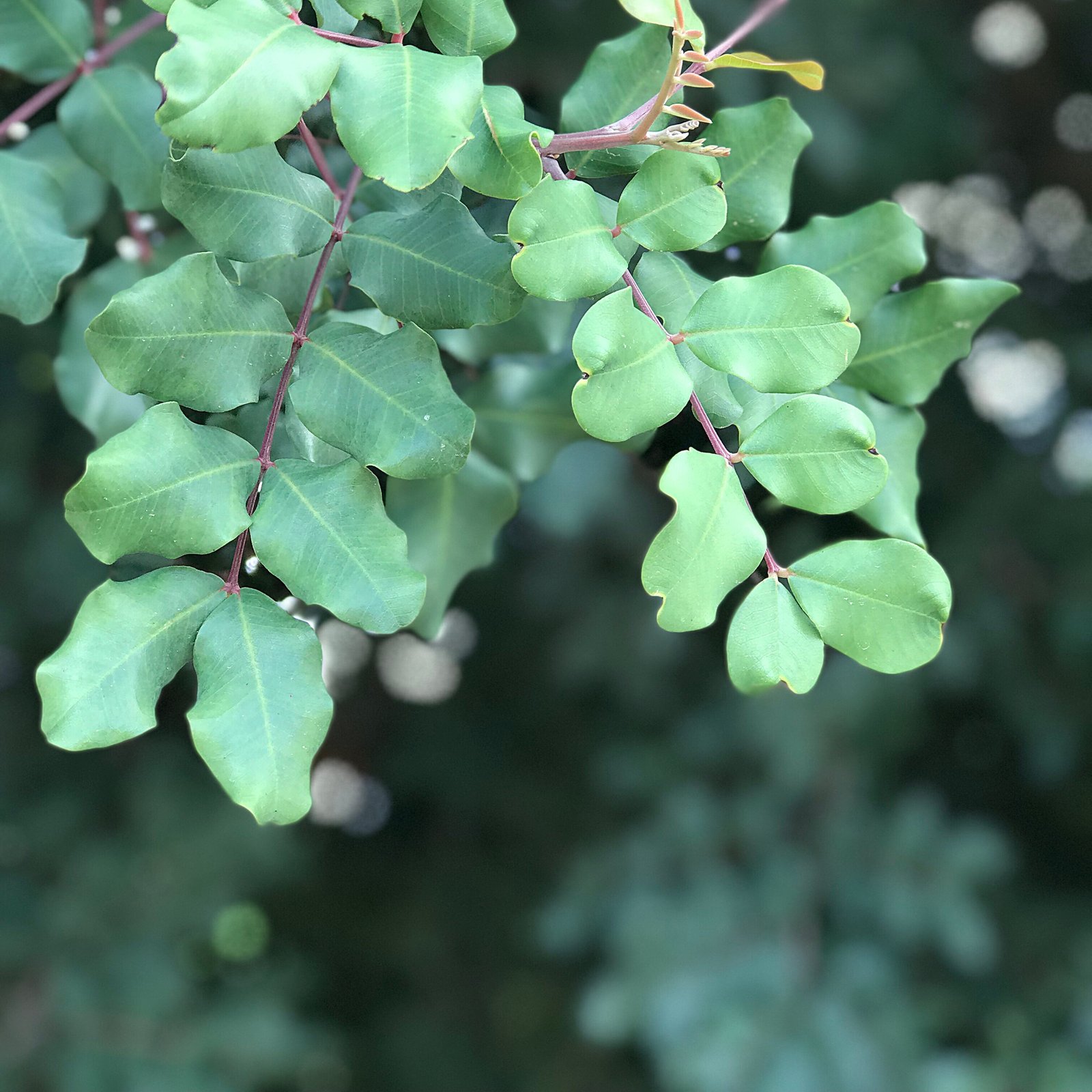


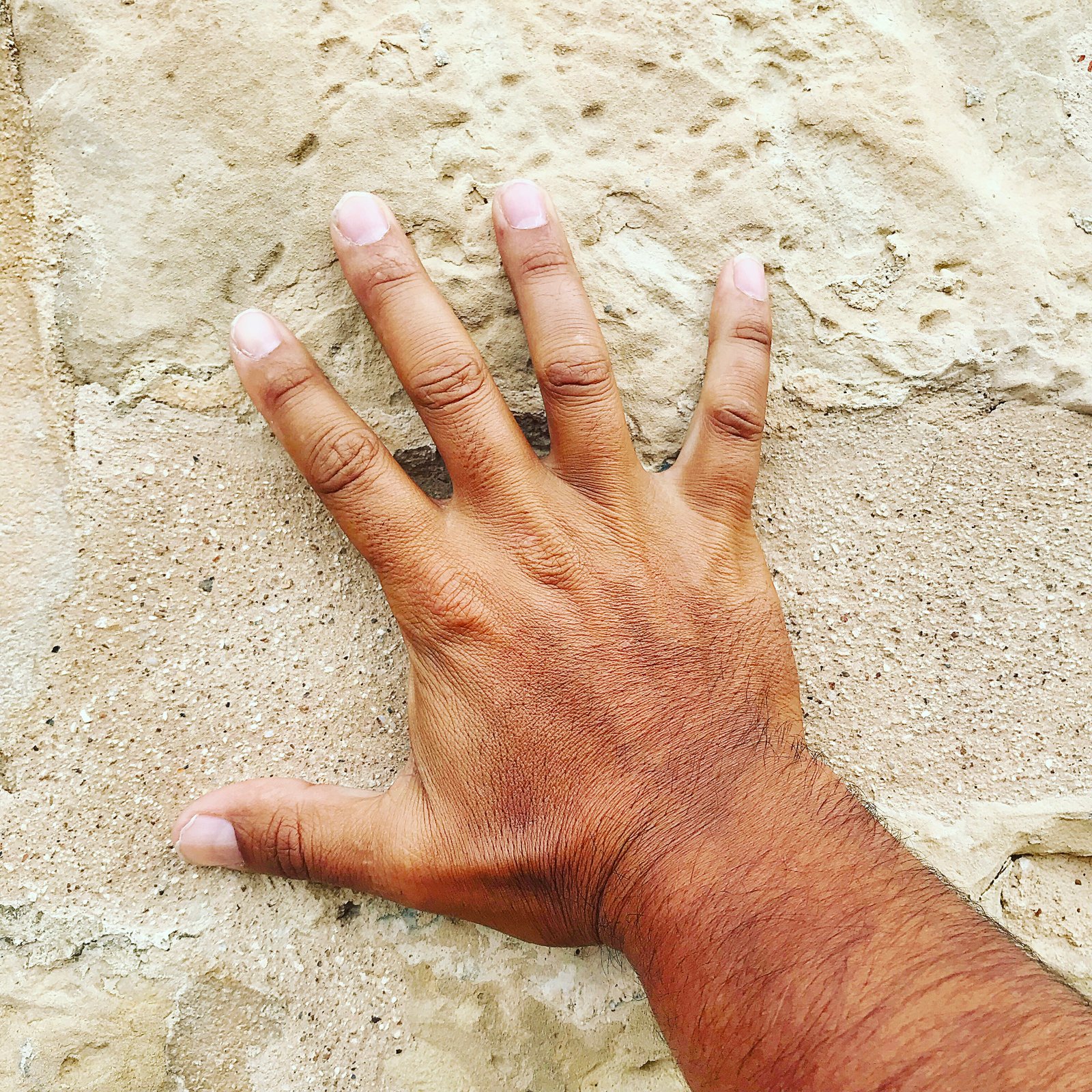

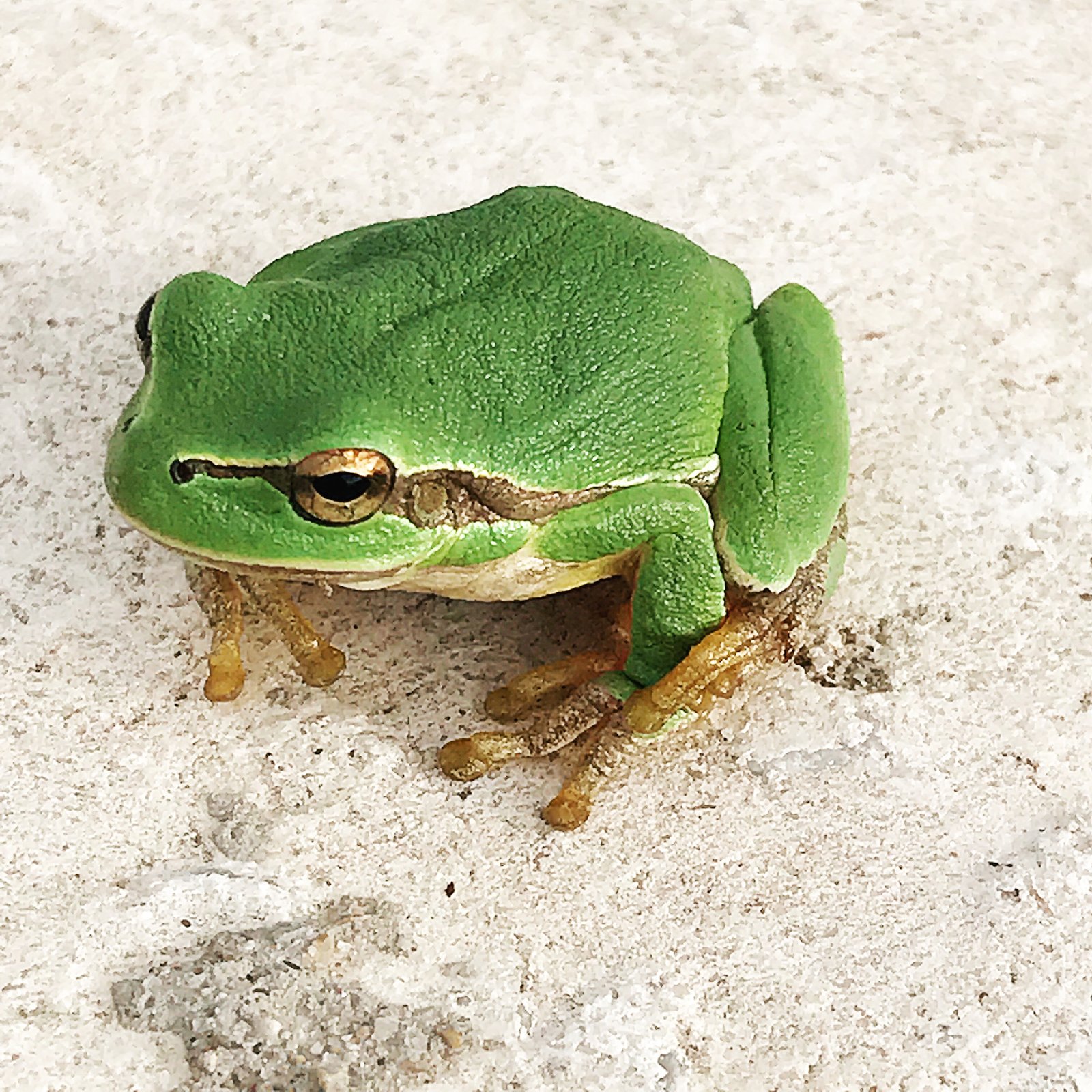



Margaret Hunt
08/08/2017Thank you David, just reading your words bring joy and a renewed appreciation for the abundance of food we have.
Heidi
08/08/2017Just love this hun and so true what Margaret says, definitely has given me a renewed appreciation for the abundance of food we have. We truly are so blessed x